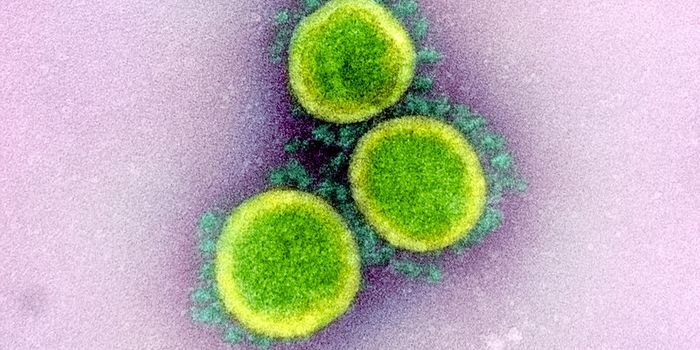This year’s
El Nino could bring a surge in
Dengue fever cases. Researchers at the University of Florida, led by professor of biology Derek Cumming,
published evidence linking Dengue fever outbreaks with increases in temperature.
The viruses that cause Dengue fever are transmitted by
Aedes mosquitoes in tropical and sub-tropical areas. Dengue is endemic in areas of Asia, Africa, the Caribbean, the Pacific, and the Americas. Roughly 400 million people are infected with the virus each year, and nearly 500,000 of those cases are caused by serotypes of the virus that cause Dengue hemorrhagic fever, resulting in roughly 22,000 deaths each year.
Dengue virus is a member of the genus
Flavivirus. Other members include West Nile virus, yellow fever virus, and tick-borne encephalitis virus. Once infected, symptoms of Dengue hemorrhagic fever begin within 4-7 days, and may last up to 10 days. Symptoms include severe headache and eye pain, joint and muscle pain, as well as low white cell counts. Dengue hemorrhagic fever causes blood vessels to leak, causing bleeding from the nose and gums.
Cumming and his team analyzed surveillance data on 3.5 million cases of Dengue fever collected monthly over a period of 18 years in southeast Asia. The group found that Dengue fever cases spiked in 1997 and 1998, two years that saw exceptionally high temperatures due to the El Nino. Higher temperatures mean more mosquitoes, and more mosquitoes mean more cases of Dengue fever.
Although there is no cure for Dengue, these findings should help countries predict and better prepare for future Dengue outbreaks. According to Cumming, “during years of large incidence, the number of people requiring hospitalization and care can overwhelm health systems. If we can understand the factors that contribute to these increases, we can prepare for them and act to mitigate the impact of the disease”.
Sources:
Futurity,
NOAA,
CDC,
Wikipedia,
PNAS









